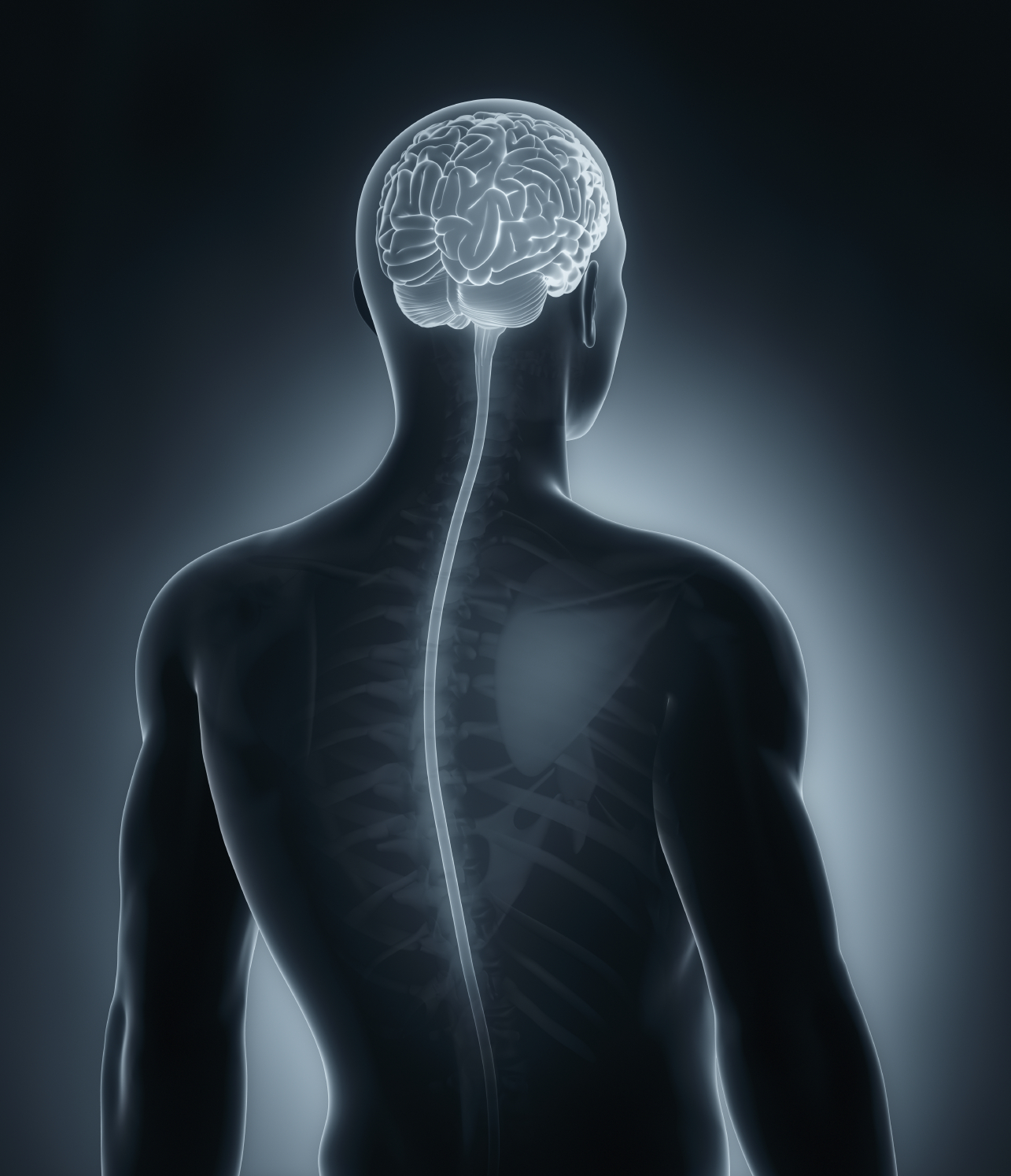Tag: Neurology and Neuroscience
-

Muscle’s Smallest Building Blocks Disappear After Stroke
In a new study, Northwestern University and Shirley Ryan AbilityLab researchers have discovered that, in an attempt to adapt to this impairment, muscles actually lose sarcomeres — their smallest, most basic building blocks.
-

Cannabinoid Pathway Linked to Psychiatric Disorders
Northwestern Medicine scientists have discovered an unexpected connection between a protein implicated in neuropsychiatric disorders and the endocannabinoid pathway.
-

Memory Helps Evaluate Situations on the Fly, Not Just Recall the Past
A new Northwestern Medicine study has found the hippocampus also plays a role in short-term memory and helps guide decision-making.
-

Immunosuppression Drug Could Reduce Chemotherapy Resistance
A drug currently used to prevent organ rejection in transplants could also reduce chemotherapy resistance in glioblastoma, according to a Northwestern Medicine study.
-

Patients Need Monitoring for Atrial Fibrillation After Ischemic Stroke
Patients with ischemic strokes due to large or small vessel disease should undergo long-term monitoring for atrial fibrillation, according to a Northwestern Medicine study published in JAMA.
-

Krainc to receive $9 Million, 8-year NIH Grant
Dimitri Krainc, MD, PhD, has received a Research Program Award grant from the National Institute of Neurological Disorders and Stroke (NINDS).
-

Interaction of Mitochondria and Lysosomes Key in Parkinson’s Disease
Prolonged contact between the mitochondria and the lysosome causes aberrant distribution of mitochondria, contributing to neuronal dysfunction in Parkinson’s disease.
-

Mapping Neural Connections in Parkinson’s Disease
Imbalanced activation of cells and previously unknown neural connections may be responsible for some motor symptoms in Parkinson’s disease and similar neurodegenerative conditions, according to two recent studies.
-

PPA Conference Builds Connections in the Aphasia Field
More than 350 participants attended the Mesulam Center for Cognitive Neurology and Alzheimer’s Disease’s virtual PPA Conference, which featured keynote speakers and group support sessions focused on Primary Progressive Aphasia.
-

Inflammation Protection May Be Critical to Treating MS
Prolonging a cellular defense response to inflammation could help regenerate the protective coating of axons that is degraded in diseases such as multiple sclerosis, according to a recent study.






